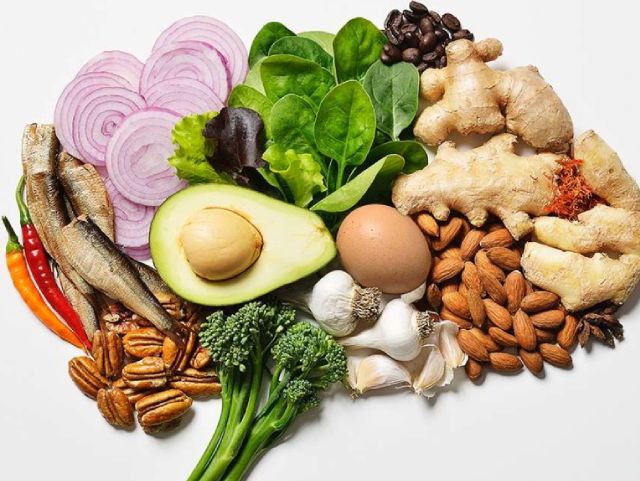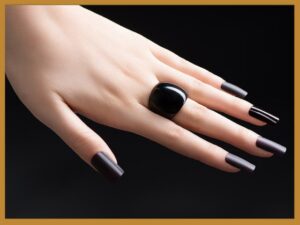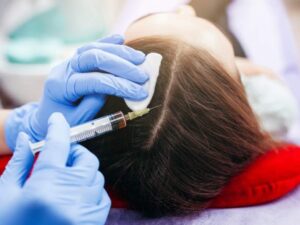Hippocrates once famously said “Let food be thy medicine and let medicine be thy food”. As interest in holistic medicine continues to rise, I meet at least one patient a day who asks me which food and dietary supplements can help there skin. Read on to find out more
Beautiful and youthful skin stands on three essential pillars- correct skin care, hormonal balance and nutrition. Without the right nutrition, you cannot achieve that natural glow in your skin, that healthy bounce in your hair, the shine on your nails or the brightness of good health in your eyes. Most people do realize this, hence the growing interest in “nutraceuticals” and “edible cosmetics” (nutritional supplements acting as medicine and cosmetics). Everywhere you go, you can find these beauty boosting foods staring at you. In beauty drinks, pills, powders, even gummy bears. And then there are vitamin and mineral “fortified food”. This includes iodine rich salt, iron rich cereal, calcium enriched instant noodles and Vitamin D enriched milk. Popular media just adds to the confusion. One week, cucumbers are good for you. The next week, cucumbers are poison! So what’s the truth behind the food-for-beauty fad? What’s real? And what’s bogus?
For instance, why are antioxidants the key ingredient in all beauty products- be it creams or pills? UV radiation, dust, smoke, pollution, stress, smoking, alcohol, junk food, medications, heavy metals and illnesses are all capable of producing free radicals in our body. These free radicals are responsible for ageing, wrinkling, thickening of blood vessels, poor wound healing, various skin ailments and cancers. Antioxidants protect our body by scavenging these free radicals. Our body naturally produces some of these antioxidants, but this ability diminishes with age. Hence we need to replenish these antioxidants through nutritional sources. However most diets, even when they’re carefully balanced, cannot completely restore the antioxidant balance in our body. This is where the supplements fill in.
Green tea, berries, tomatoes, spinach, citrus fruits, turmeric, grape seed extract, kidney beans, peaches and plums, pomegranate juice, apples, garlic and red wine are rich sources of antioxidants. Vitamin A, E and C are the kings amongst antioxidants. However it is important to remember that Vitamin C is not heat stable. So Vitamin C rich foods must be eaten raw or lightly cooked to maximize your intake of this vitamin. And contrary to industry claims, Vitamin C and Vitamin A are the ONLY topically applied antioxidants which have proven benefit in treating pre-existing wrinkles.
Does food have anything to do with pimples? For years, women believed that chocolates and fried food cause acne break outs. And for years, dermatologists have insisted that there is no scientific evidence to back this statement. However, weight and obesity (often a fall back of junk food) can lead to hormonal imbalances. Which leads to acne. Dairy products, sugary and starchy foods are the main culprits, rather than fat. On the other hand, food rich in zinc, selenium and beta-carotene (for eg, seafood, shellfish, eggs, brown rice, all orange or yellow fruits and vegetables) can help fight acne.
There is also a lot of talk about probiotics being essential for good skin and a clean gut. These are easily available as pills and powders at your friendly neighborhood pharmacy on an over-the-counter basis. Probiotics are healthy (live) and friendly bacteria which were found to aid digestion and improve our immune system.
Dermatologists have used it with some success to treat kids with eczema. It is also useful in the treatment of pimples, rosacea, skin infections and even vaginal yeast infection. How are probiotics different from prebiotics and synbiotics? Prebiotics are non-digestable carbohydrates which can imitate the action of probiotic bacteria. These are found naturally in breast milk, some infant formulas, oats, wheat, soy and banana. Synbiotics are a combination of probiotic and prebiotic and are found in foods like yoghurt and yeast. It works better to treat ailments, and doctors do not endorse the routine use of probiotics to prevent eczema or asthma in kids who are at risk. Also keep in mind that your gut only gets a fraction of the probiotic bacteria that you take in your food, as most of them get killed in your stomach’s acidic juices. This is where supplements step in.
Now what’s the right nutrition for people with dry skin? Essential Fatty Acids (EFA) should be your ally. Vegetarians may not be getting enough EFA in there diet, so they need to find vegan sources of this skin-friendly nutrient. Avacados, walnuts, peanuts, flaxseed oil, canola oil, evening primrose oil, olive oil, soy and safflower oils are rich sources of EFA and omega 3 fatty acids. Non-vegetarians and fishitarians can also add salmon, tuna and mackerel to their diet. Such a diet is also helpful if you suffer from dry skin disorders like Eczema, Psoriasis or Ichthyosis.
Is there a special diet that can help women over 45 cope with the symptoms of menopause? Once again, omega 3 fatty acids will keep your skin healthy, cholesterol low, and memory sharp. Hummus, flaxseed, soy milk, tofu, sesame and sunflower seeds, alfalfa sprouts, yams, dried apricots and prunes contain natural estrogens called Phytoestrogens, which can help you cope with the symptoms of menopause. Herbal drinks containing green tea, hibiscus, kava, ginseng or chamomile have a soothing effect, keep weight in check, and give good sleep. Fiber should be your dietary best friend. And remember to take your daily calcium and Vitamin D supplements to keep your bones strong.
Is there any food that can lighten your skin? Pine bark extract, pomegranate extract, grape seed extract and certain forms of Vitamin C can do that. Biotin supplements are great for healthy hair and nails, and it is also known as Vitamin H. Most of these ingredients can only be found in botanical extracts taken in the form of beauty pills. If you suffer from Rosacea, you need to avoid caffeine, alcohol and spicy food. What kind of spices and herbs are good for skin? Well there’s turmeric, ginger, basil, thyme, cilantro and chives- all of which are great antioxidants. Vitamin K containing creams can treat bruises and fade under eye dark circles.
Finally, the one question every woman is dying to ask- Is chocolate really bad for me? Well, it’s the sugar and the hydrogenated vegetable fats in cocoa solids which are the villains, not the cocoa per se. A sugar-rich diet taken over prolonged periods of time can lead to acne, wrinkling and premature ageing. In fact, dark chocolate is rich in antioxidants, and is actually good for you, so run out and treat yourself to a pack!
I bet you have figured out by now that a balanced diet with healthy “portion control” is far better for your skin than crash dieting. Extreme dieting and a zero-fat diet can deprive your skin off essential nutrients and ruin your good looks. So eat healthy and eat wise.




